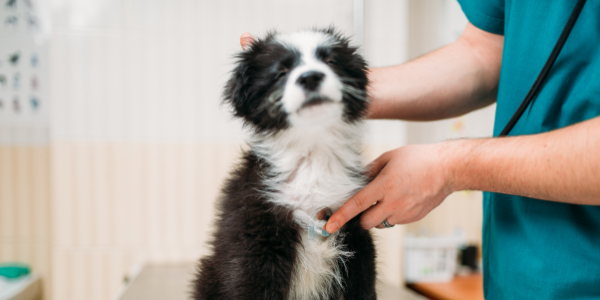We get it! In the busy rush of day-to-day life, non-urgent appointments are naturally going to slip down the priority list.
However, just like us, middle-aged and older pets may start to develop some health issues which, if diagnosed early, can be easier (and cheaper!) to manage in the long run. Here are a few common symptoms in your pet that it’s best to have checked sooner rather than later.
Weight gain
Whilst it’s common for mature pets to gain a little bit of weight, it’s unfortunately not a win for their health! Overweight dogs are more prone to respiratory issues and are at a higher risk of painful joint conditions (such as cruciate ligament tears), whilst overweight cats have an increased risk of urinary health problems and diabetes. Additionally, excess fatty tissue will also release inflammation-promoting substances that can affect your pet’s general organ health.
If you’re noticing a bit of a “middle-aged spread” in your pet, consult our team for some experienced (and non-judgemental) advice.
A smelly mouth
Whilst it’s easy to write off a smelly mouth as just “pet breath”, it’s often an indicator of developing dental disease. If addressed sooner rather than later, your pet’s dental issues can often be fixed with a simple dental scale and polish (clean), rather than a more involved (and therefore higher cost) procedure involving extractions.
Lumps and bumps
Although many lumps on or just beneath your pet’s skin will be benign (harmless), there are also malignant (aggressive) lump types which can spread and cause harm. If you notice a lump on your pet, it’s best to get it checked within a few weeks to help ensure the best outcome for them.
Changes in drinking
Increased drinking levels can be associated with a few common organ issues or hormonal imbalances in dogs and cats, such as kidney disease, liver disease, hyperthyroidism and Cushing’s disease. If you notice a change in your pet’s drinking habits, it’s recommended for them to undergo a full check-over (which may include some simple blood tests too). This way, if your pet is developing a problem, we can start their treatment as early as possible.
For more information on proactive health support for your pet, consult our experienced team.

